People are trying to blame population growth for rising housing costs, but Melbourne's property market is - generally speaking - cooler than Brisbane’s, even though Melbourne's population is growing much faster than Brisbane’s (Melbourne population growth is faster than Brisbane’s both in overall numbers and as a percentage rate).
The data suggests there's no significant difference between the rates of private housing construction in Melbourne and Brisbane that would explain why Melbourne is becoming comparatively more affordable.
There are lots of variables that contribute to these divergent trends, including that Brisbane homes are generally bigger (which is partly reflected in the price of homes). But one of the biggest and most obvious differences is that in Queensland, a higher proportion of homes are being purchased by property investors, whereas in Victoria, the proportion of investors hoarding houses and apartments for profit seems to be around 5% lower.
Recently, Victoria has made at least two significant changes affecting the property market:
- increasing land tax, and
- Introducing SLIGHTLY stronger renters rights compared to other states (Victorian renters rights are still VERY weak compared to many European jurisdictions, but stronger than Queensland’s)
When Victoria reformed its land tax system and proposed new protections for renters, the real estate industry kicked up a stink and warned that property investors would leave the market and that this would reduce the supply of rentals.
But people like myself have long been pointing out that when profit-motivated investors sell up, the homes themselves don't disappear - they are often purchased by first home-buyers who would otherwise be competing in the rental market.
The warnings from the property industry have been PARTIALLY correct, in that the changes to Victorian legislation and taxation HAVE discouraged property investors and led to some landlords selling up and shifting their capital elsewhere. But contrary to their fear-mongering, the exodus of profit-driven investors seems to be putting downward pressure on both rents and house prices - a good thing for ordinary people.
The fewer property investors there are buying up housing, the cheaper prices become. If buying gets cheaper, renting also gets cheaper.
I'd be interested to hear alternative explanations of what's going on, but to me, the divergent trends between major Australian cities seems to be showing quite clearly that population growth is not the primary driver of rising prices, and that it's the treatment of housing as a commodity - and the number of property investors - that's the real problem.
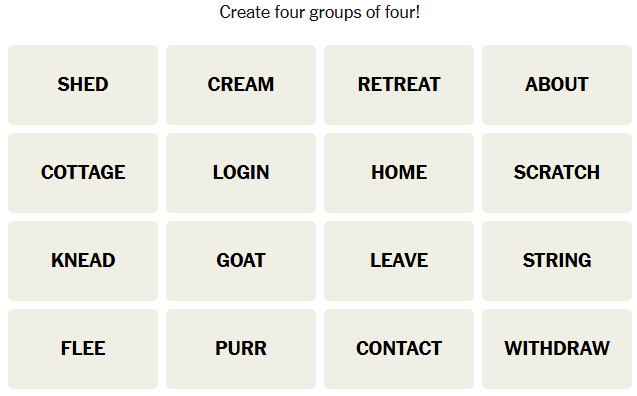
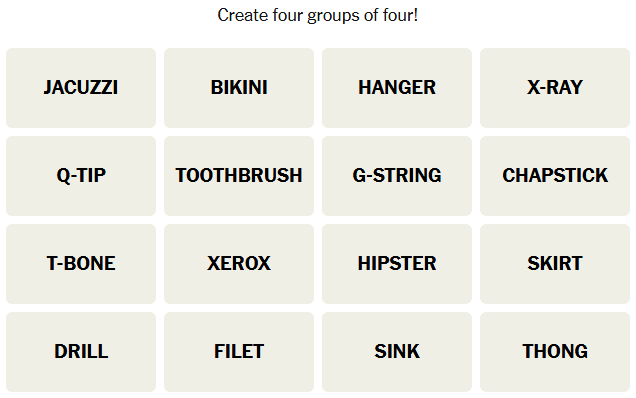
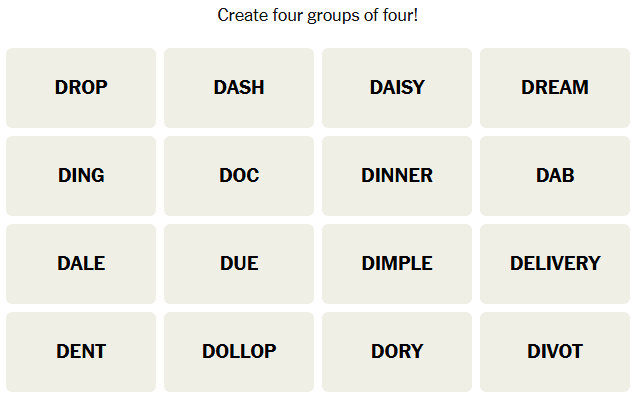
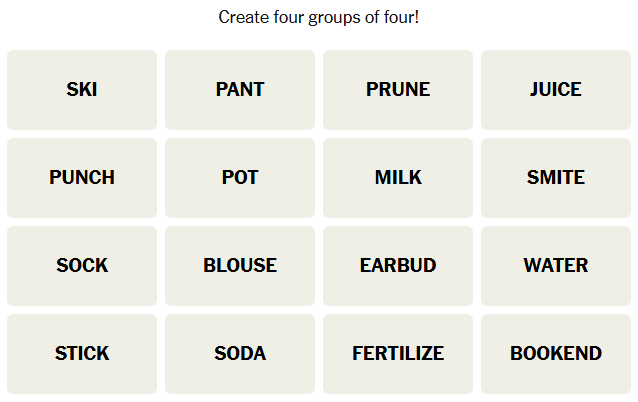
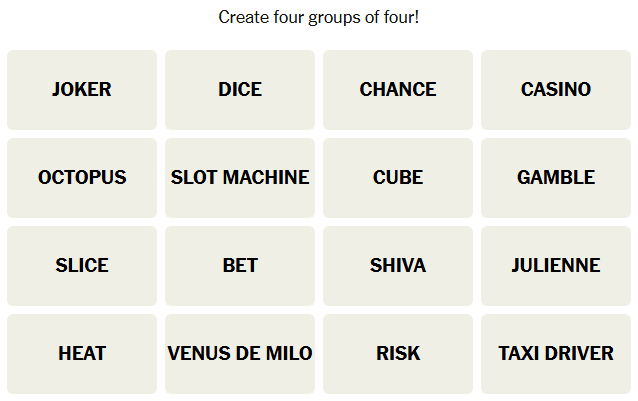
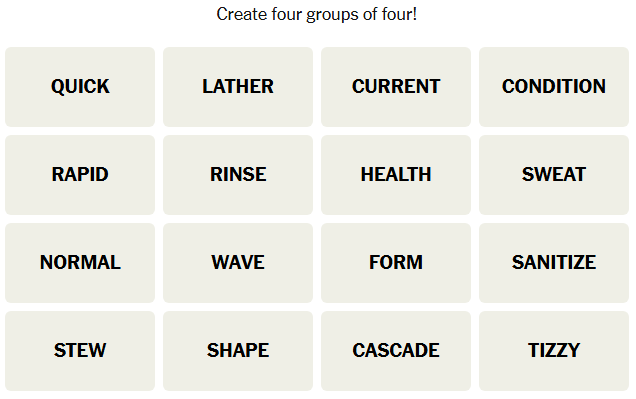
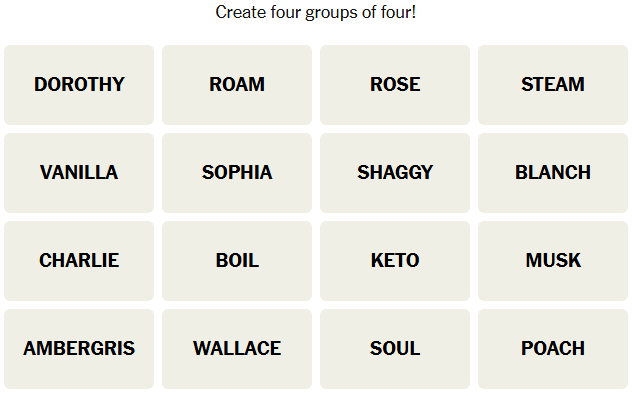

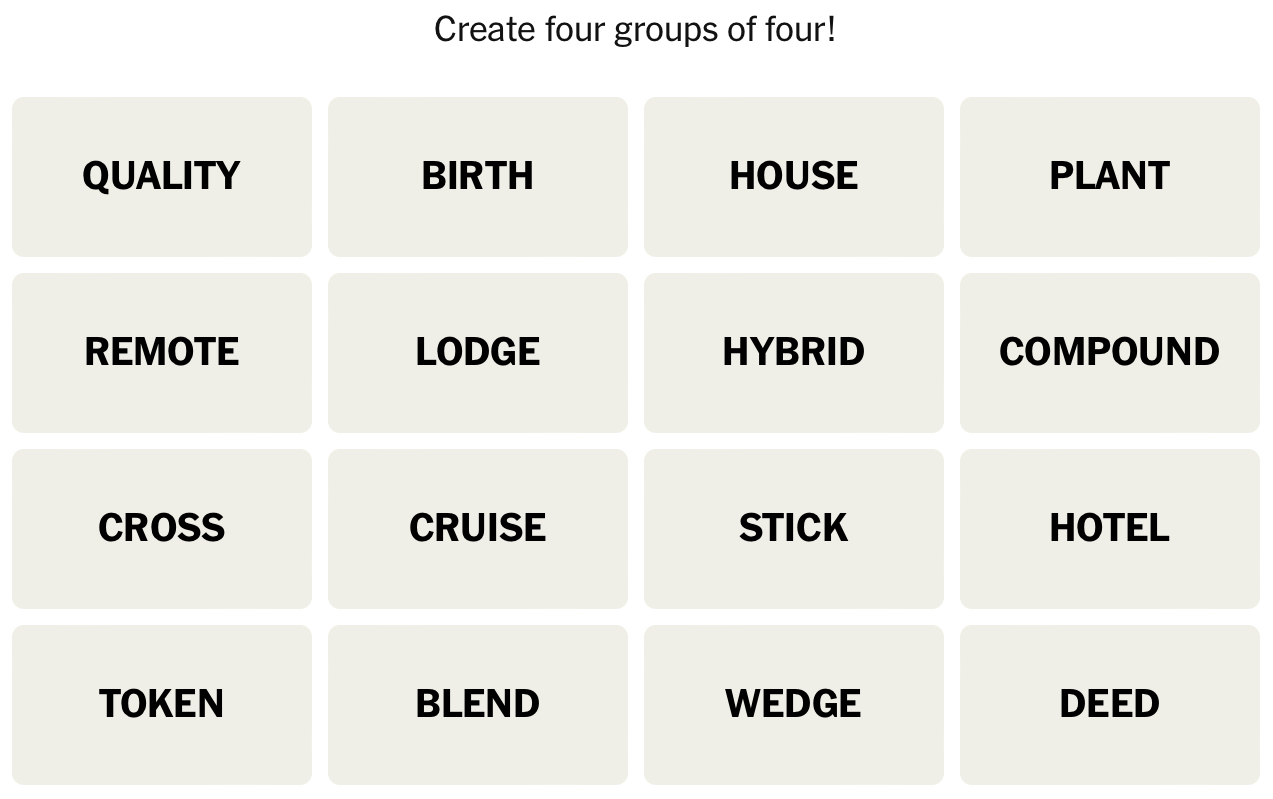

Connections
Puzzle #483
🟪🟪🟪🟪
🟦🟦🟦🟦
🟩🟩🟩🟩
🟨🟨🟨🟨
Skill 99/99
Uniqueness 1 in 157